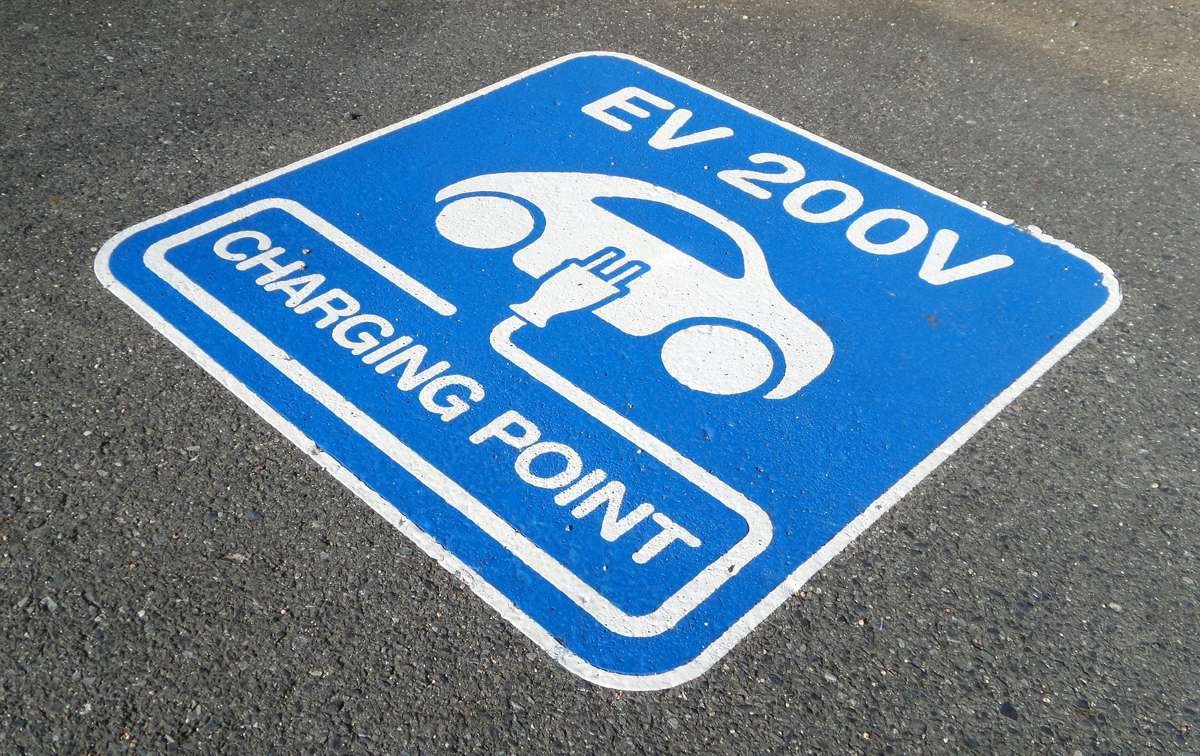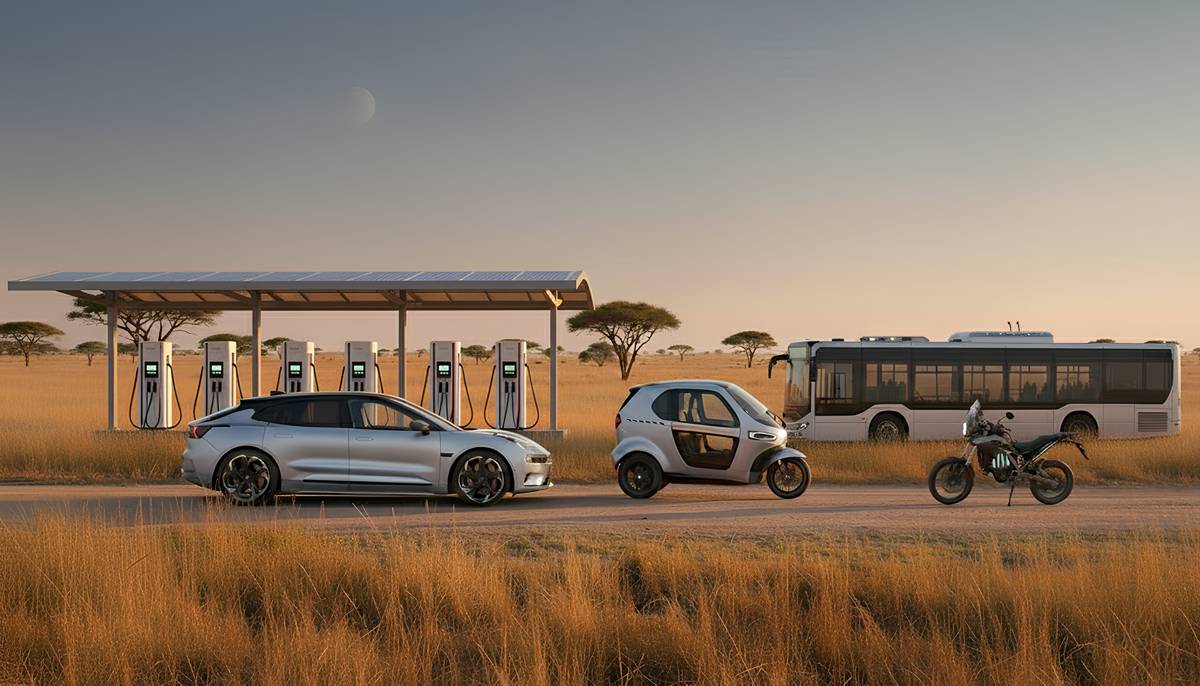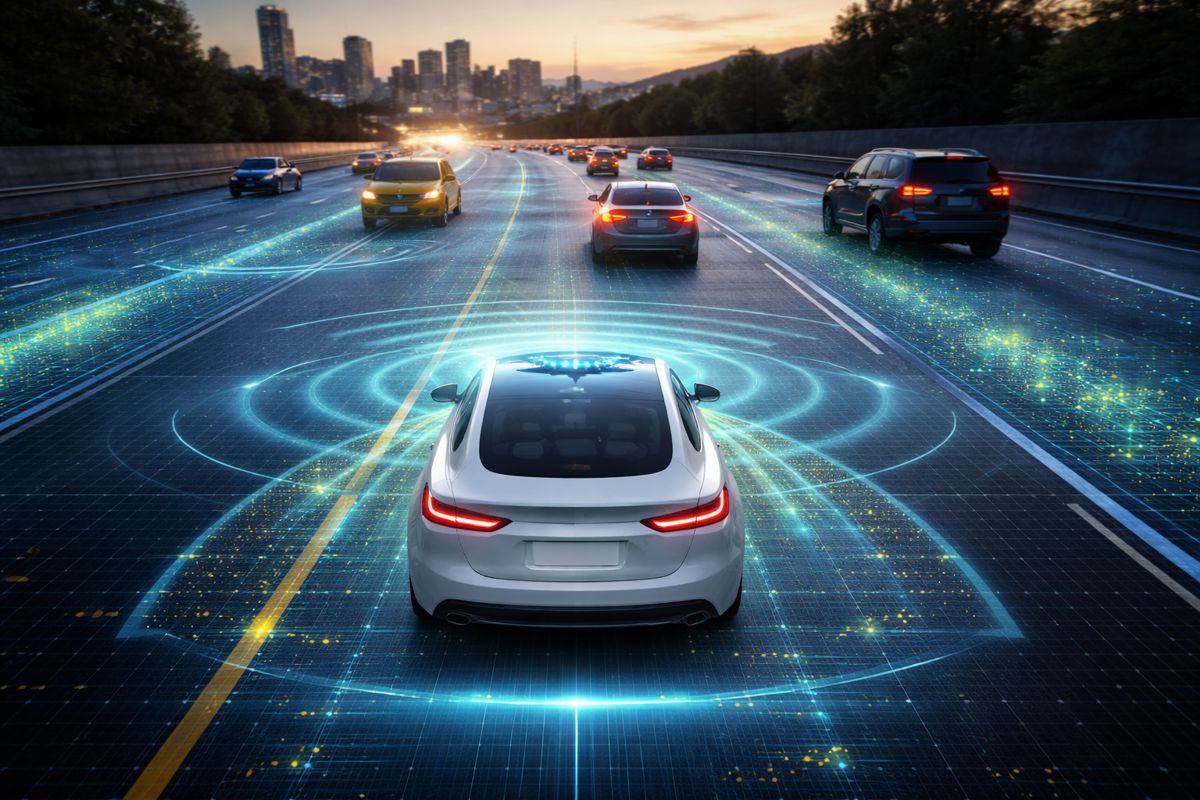Perceived high costs of charging Electric vehicles seen as a barrier to adoption
The perceived high charging costs of electric vehicles is a key barrier preventing consumers switching from combustion to battery-powered electric vehicles (BEVs), according to new research launched today.
The findings from price comparison and switching site energyhelpline.com found almost two-thirds (64%) of consumers believe electric-only cars cost up to £50 to fully charge at home despite a new analysis showing that popular BEVs cost between just £6 and £17 to fully charge – less than the £23.20 a week the average UK household currently spends filling their tanks.
The research also reveals that the nation’s concerns that BEV cars won’t get them from A to Z without running out of charge are also largely unfounded. Despite more than a third (38%) of consumers citing the distance per charge and almost half (44%) citing the lack of charging points across the nation as the biggest barriers to purchasing a fully electric car, energyhelpline.com has found that some models can offer an estimated 270 miles per charge – more than enough to travel from Sheffield to Edinburgh – and all for a total cost of £12.32 in electricity.
The research follows a recent National Audit Office report, which cited that “substantial growth” in the uptake of electric vehicles is required to meet government emission targets by 2035.
Tom Lyon, Director of Energy at energyhelpline.com, said: “Electric-only vehicles have come a long way over the last ten years, but our research reveals that there’s a clear disparity between perception and reality, with BEV cars costing as little as four pence a mile to run using electricity charged at home.
“To help the UK meet its carbon reduction targets, it’s vital to do even more to boost uptake in the technology. Energy suppliers have a clear role to play in helping motorists make the move to electric vehicles. By offering special tariffs and providing access to competitively priced on-street charging, suppliers can help dispel misconceptions around electric cars to actively encourage uptake.
“Not only is charging far more cost effective than filling up at the petrol station, switching tariffs will help cut charging costs. Suppliers such as Bulb and OVO offer EV plans aimed at electric car owners, providing benefits such as free access to public charging and lower at home rates for overnight charging, and we’d encourage more suppliers to do the same.”
Average at home charging costs of most popular BEV models in the UK
| Model | Cost per full charge | Est. cost per mile | Est. miles per full charge |
| Volkswagen e-Golf | £6.06 | £0.05 | 121.67 |
| Hyundai IONIQ Electric | £6.44 | £0.04 | 161.90 |
| Kia e-Niro 39 kWh | £6.63 | £0.04 | 152.84 |
| Nissan LEAF | £6.82 | £0.05 | 142.86 |
| Nissan E-NV200 | £6.82 | £0.06 | £105.26 |
| Renault Zoe R110 ZE40 | £7.01 | £0.04 | 158.80 |
| Renault Zoe Q90 ZE40 | £7.01 | £0.05 | 148.59 |
| BMW i3 | £7.20 | £0.04 | 163.79 |
| Hyundai Kona 39kWh | £7.20 | £0.05 | 153.85 |
| BMW i3s | £7.20 | £0.05 | 150.79 |
| MG ZS | £7.58 | £0.05 | 138.41 |
| Renault Zoe R110 ZE50 | £9.29 | £0.04 | 206.75 |
| Nissan LEAF 3.ZERO e+ | £11.18 | £0.05 | 203.45 |
| Kia e-Niro 64 kWh | £12.13 | £0.05 | 241.51 |
| Hyundai Kona 64kWh | £12.13 | £0.05 | 237.04 |
| Tesla Model 3 | £12.32 | £0.05 | 270.83 |
| Audi e-tron 50 | £12.70 | £0.08 | 160.29 |
| Jaguar I-PACE | £16.30 | £0.07 | 250.00 |
| Audi e-tron 55 | £17.06 | £0.07 | 229.59 |





























